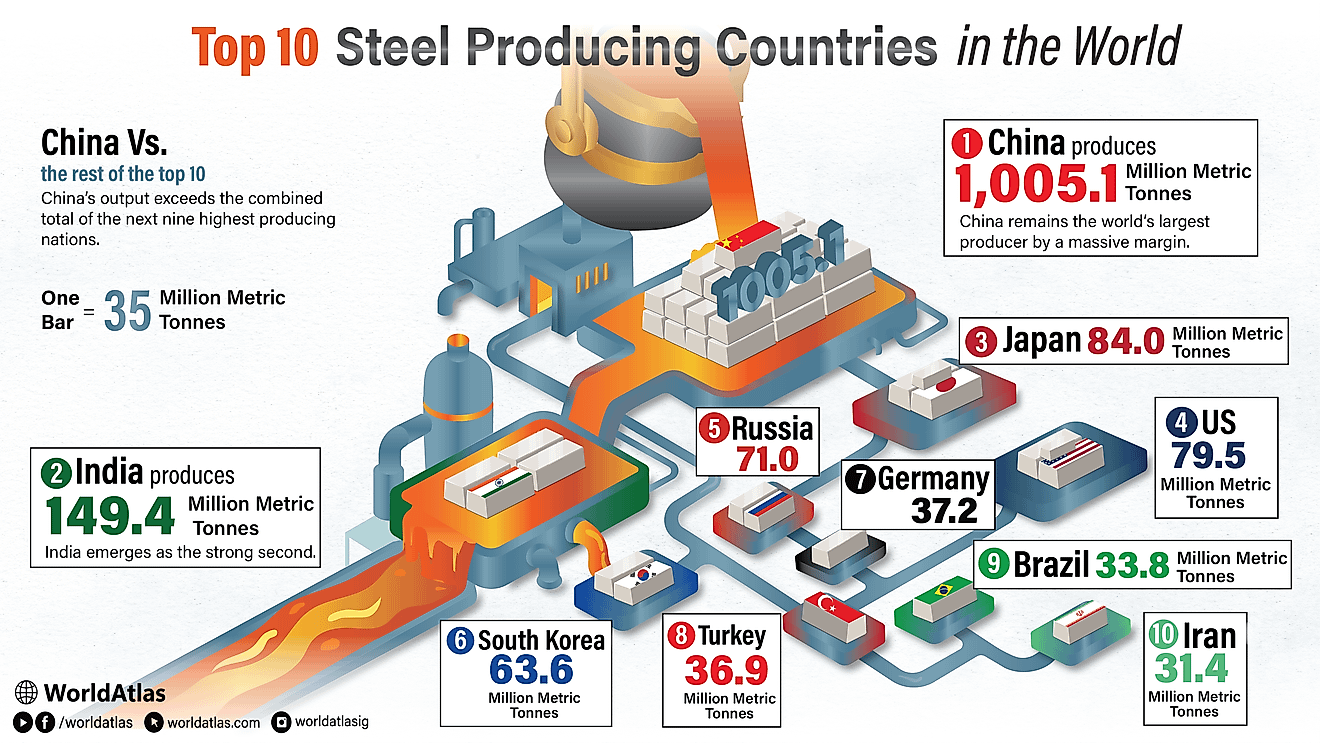What is the Grey Market?

The term grey market refers to the trade of commodities through legal distribution channels which are however not intended by the original manufacturer. The reseller buys goods from the manufacturers or their authorized agents but resells them outside their terms of agreement. Unlike black market commodities which are illegal or stolen, grey market products are legal and non-counterfeit. Most of these products are often new, with only a few instances where the goods are used. A grey market that deals in used goods is sometimes referred to as a green market.
History of the Term
Manufacturers of products such as technology equipment and computers mainly sell their goods through distributors. Most of their distribution agreements dictate that the distributors should resell the products directly to end users, but some of these distributors breach the contract and choose to resell the goods to other resellers. The term “grey market” was coined by manufacturers in the 1980s to refer to the resold goods. The producers created this name in a bid to inspire fear in customers and cause them to think that purchasing grey market goods was illegal, as with black market goods. The objective of the makers of these products was to encourage customers to buy directly from them.
Description
Sellers of grey market products have no relationships with the original manufacturers. In most cases, the market deals in parallel imports which are goods imported into a country without the permission of a manufacturer. Parallel imports often occur when the price of a commodity, mostly electronic equipment, is lower in one country than another. Merchants purchase the products where they are sold cheaply, import them through legal channels, and sell them at a profit but at a price lower than the standard market price. Besides parallel imports, some grey markets also deal in stock securities that have not yet been released in official markets. Secretive and unregulated sale of commodities such as oil using futures contracts is also considered a form of grey market.
Goods Commonly Sold in Grey Markets
There is increased demand for grey import vehicles around the world since manufacturers of automobiles often segment world markets by price and territories. Both new and used cars are traded on the grey market. In broadcasting, grey market products include satellite television and satellite radio delivery. Mobile phones, electronics, computer games, arcade games, pharmaceuticals, textbooks, stock market securities, and frequent-flier miles are also sold in the grey market. In China, increased demand for infant formula from other countries like Japan, America, and Australia after the 2008 Chinese Milk Scandal highly promotes parallel imports of the commodity.
Actions Taken By Manufacturers
Most authorized agents, retailers, and importers are opposed to parallel imports in their target markets. Manufacturers often respond to their complaints for fear of getting a bad reputation or incurring losses. Some of the manufactures' efforts to curb the grey market include seeking to enforce intellectual property laws, such as trademarks, against the grey market and petitioning for removal of advertisements of grey market products on platforms like eBay and Google. Other measures comprise limiting supplies in places with low market prices, refusing to supply retailers and distributors who trade in grey market products, and refusing to honor warranties of items purchased in grey markets.











